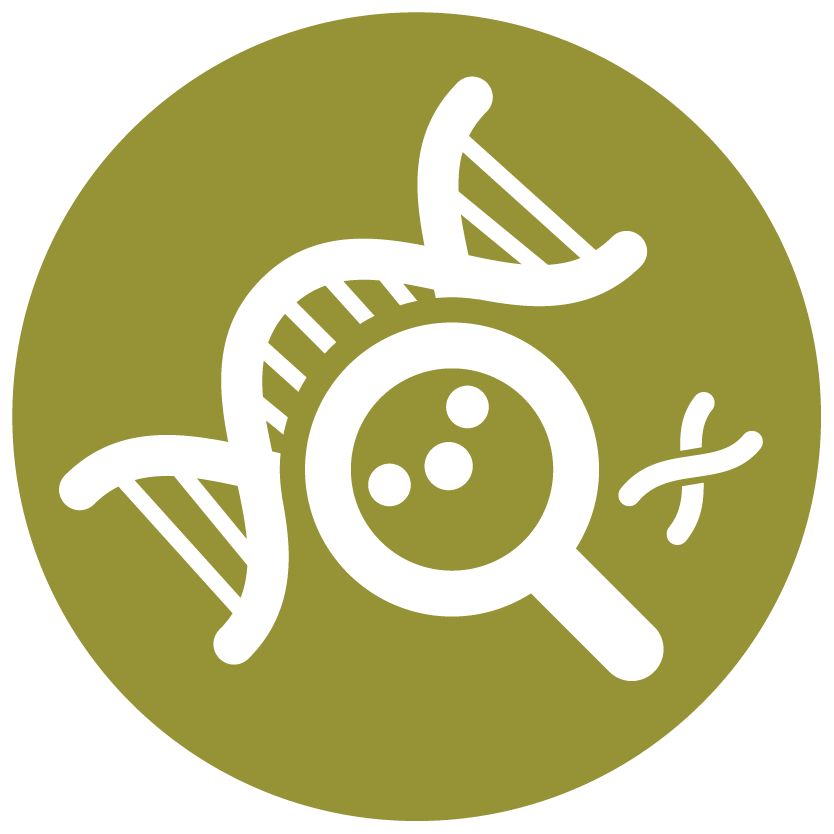Discovery and Basic Research
Prologue: Regulation of Cannabinoids for Histone Modification in Resistant Breast Cancer
-

Mandip Sachdeva, PhD
Professor
Florida A&M University
Tallahassee, Florida
Prologue Speaker(s)
Purpose: To study the epigenetic modifications of cannabidiol (CBD) and tetrahydrocannabivarin (THCV) in combination with doxorubicin (DOX) against triple negative breast cancers(TNBC) xenografts.
Methods: The histone modifications of CBD and THCV in combination with DOX were studied using xeno-transplanted DOX resistant MDA-MB-231 cells. After subcutaneous injection of 2.5 million DOX resistant MDA-MB-231 cells in 100 μL matrigel, athymic nude mice were randomized to one of six groups (Control, DOX alone, CBD alone, CBD+DOX, THCV alone and THCV+DOX). In the combination study, CBD (10 mg/kg, i.p.) and THCV (15 mg/kg, i.p.) were given one day before DOX (5 mg/kg, i.p.) to assess the chemo-sensitization effect. The treatment was repeated twice a week for 3 weeks until the control group reached 6000 mm3. Using a vernier caliper, the tumor volumes were measured. The animals were euthanized and their blood and tumors collected for further studies.
Results: CBD and THCV pre-treatment effectively increased DOX's anticancer potentials, reducing tumor growth development in mice bearing DOX resistant MDA-MB-231 tumors. Data from RNA sequencing and proteomics revealed that CBD and THCV regulate apoptosis, oxidative stress, and inflammation by targeting histone gene and protein expressions (H-2 and H-3), PDL-1 and P38-MAPKinase pathways, and anti-oxidants expression, thereby enhancing the chemo-sensitization effects of DOX against MDA-MB-231 breast cancers. RT-PCR and western blot analysis were used to validate significant changes in histone methylation and acetylation when CBD/THCV was combined with DOX. Interestingly, breast tumor tissue lysates were found to have significantly lower levels of H3-K4-methylation and H2B-K5 acetylation (p < 0.001) when combined with CBD/THCV and DOX.
Conclusions: This findings in this study suggest that CBD and THCV reverse Histone H3-K4 methylation and H2B-K5 acetylation, as well as the effector pathways they activate which could be a possible mechanism to overcome DOX resistance to TNBC.
Innovation: The role of minor cannabinoids like THCV and CBD has not been explored very well in resistant breast cancer for histone modification and this is a first of its kind study.Learning Objectives:

